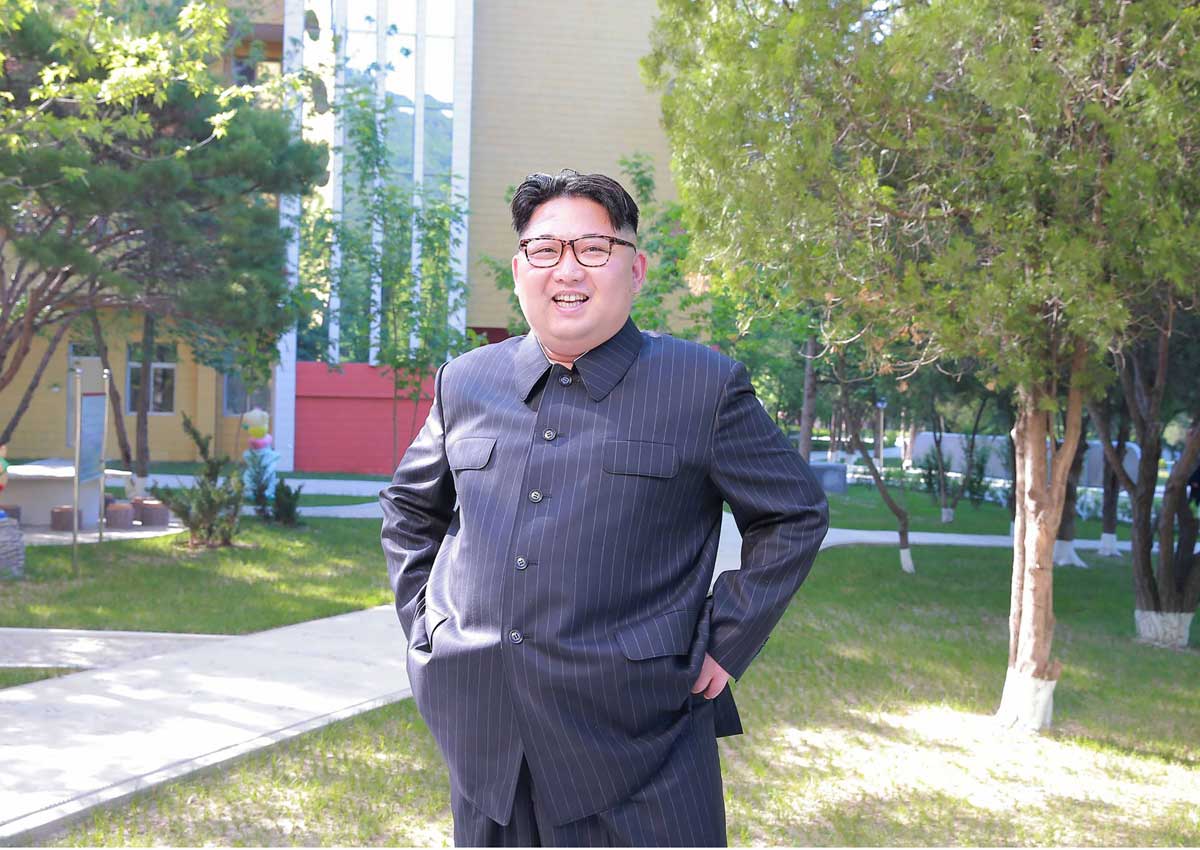WASHINGTON – North Korea has restarted production of plutonium fuel, a senior State Department official said on Tuesday, showing that it plans to pursue its nuclear weapons programme in defiance of international sanctions.
The US assessment came a day after the UN nuclear watchdog said it had “indications” that Pyongyang has reactivated a plant to recover plutonium from spent reactor fuel at Yongbyon, its main nuclear complex.
The latest developments suggest North Korea’s reclusive communist government is working to ensure a steady supply of materials for its drive to build warheads, despite tightened international sanctions after its fourth nuclear test in January.
The US official, who spoke on condition of anonymity, said that Washington is worried by the new plutonium reprocessing effort, but he offered no explicit word on any US response.
“Everything in North Korea is a cause for concern,” the official told Reuters.
“They take the spent fuel from the 5 megawatt reactor at Yongbyon and let it cool and then take it to the reprocessing facility, and that’s where they’ve obtained the plutonium for their previous nuclear tests. So they are repeating that process,” the official said.
“That’s what they’re doing.”
Pyongyang vowed in 2013 to restart all nuclear facilities, including the main reactor and the smaller plant at Yongbyon, which was shut down in 2007 as part of an international disarmament-for-aid deal that later collapsed.
The International Atomic Energy Agency (IAEA), which has no access to North Korea and mainly monitors its activities by satellite, said last year it had seen signs of a resumption of activity at Yongbyon.
IAEA chief Yukiya Amano told a news conference in Vienna on Monday that there have been indications of renewed plutonium reprocessing activities at Yongbyon.
Reprocessing involves extracting plutonium from spent reactor fuel, one route to obtaining bomb fuel other than uranium enrichment.
“I would agree that there are indications,” the US official said.
The official declined to confirm whether this determination was made from satellite imagery or intelligence sources, or to say how much plutonium North Korea could produce by this method.
NUCLEAR PROGRAM SHROUDED IN SECRECY
While North Korea in the past has often obtained key components for its nuclear programme from other countries despite international sanctions, there was no sign of any recent outside procurement involved in reactivating its plutonium reprocessing, the official said.
There is little proven knowledge about the quantities of weapons-grade uranium or plutonium that North Korea possesses, or its ability to produce either, though plutonium from spent fuel at Yongbyon is widely believed to have been used in its nuclear bombs.
Experts at the US-Korea Institute at Johns Hopkins University’s School of Advanced International Studies in Washington predicted last year that North Korea’s nuclear weapons stockpile could grow to 20, 50 or 100 bombs within five years, from an estimated 10 to 16 weapons at that time.
North Korea has come under tightening international pressure over its nuclear weapons programme, including tougher UN sanctions adopted in March backed by its lone major ally China, following its most recent nuclear blast and ballistic missile tests.
The website 38 North reported last week, based on commercial satellite imagery, that exhaust plumes had been detected twice in May from the thermal plant at Yongbyon’s Radiochemical Laboratory, the site’s main reprocessing installation.
The Institute for Science and International Security also reported exhaust emissions from a chimney at the plant, which it said was often associated with reprocessing activities there.











































































